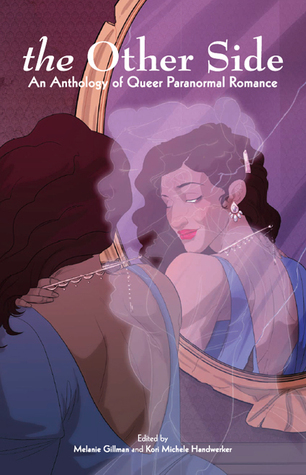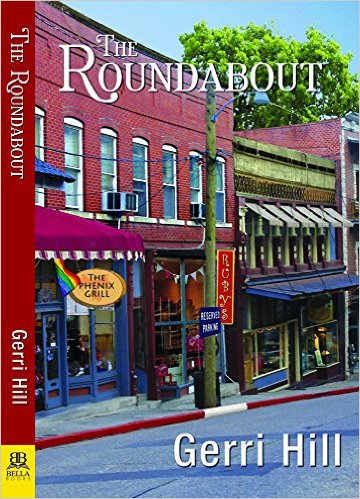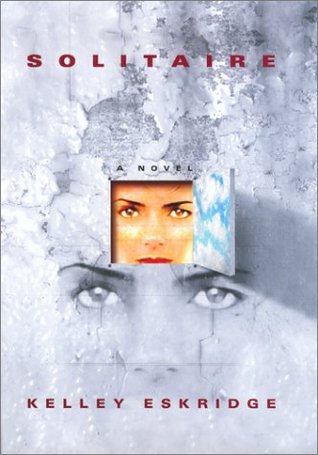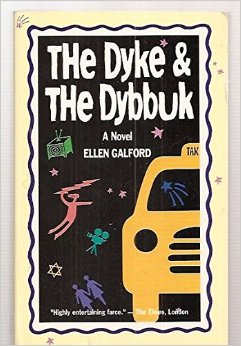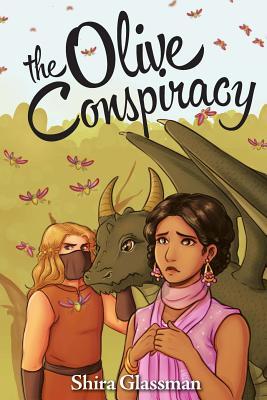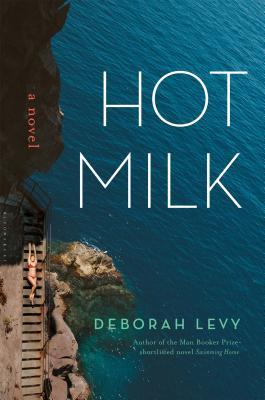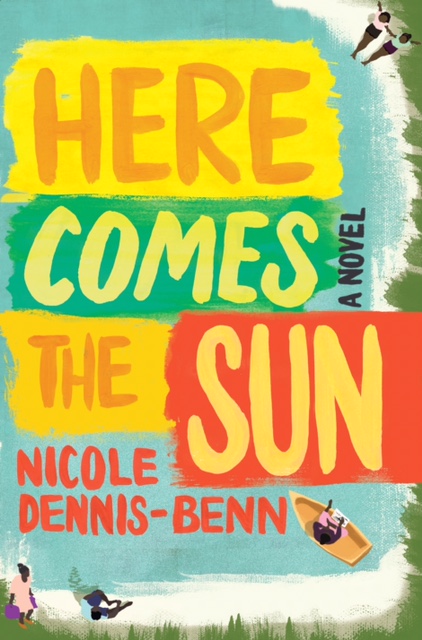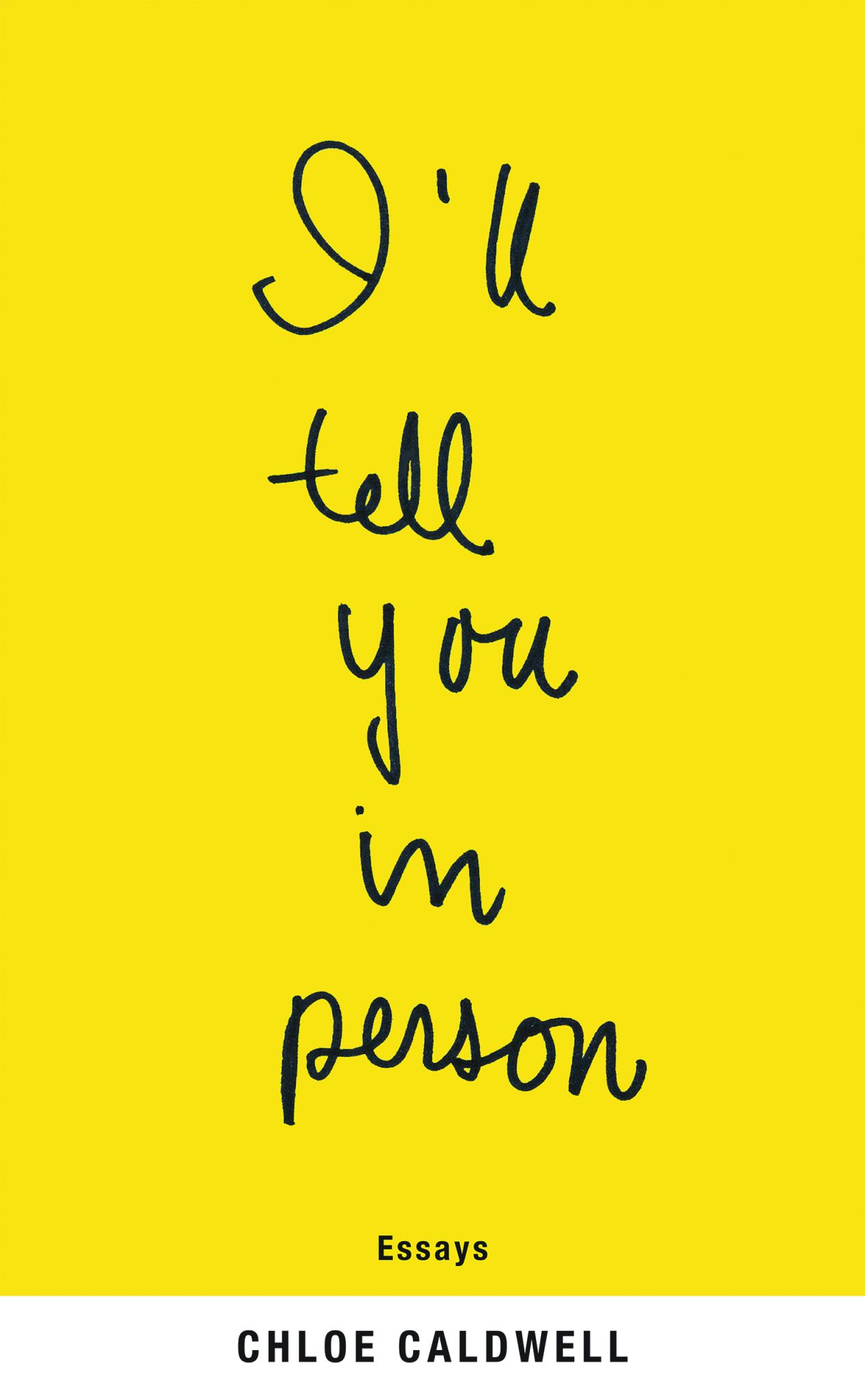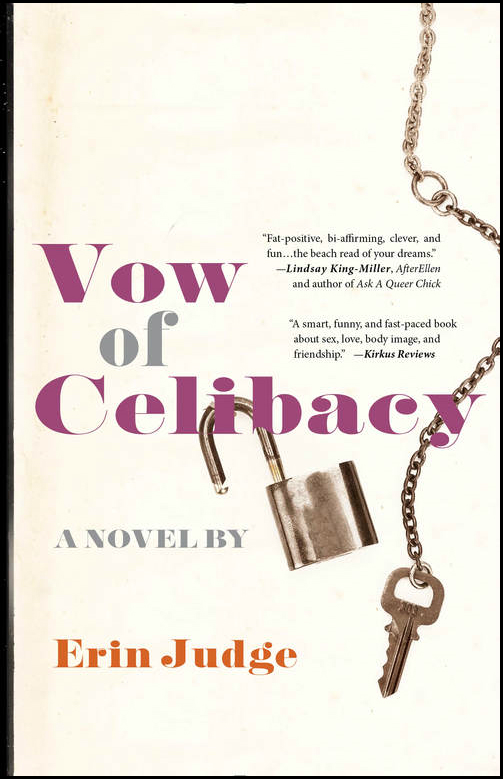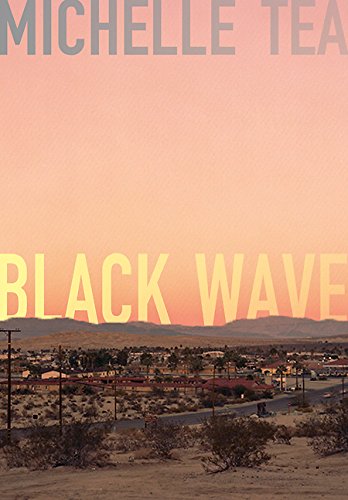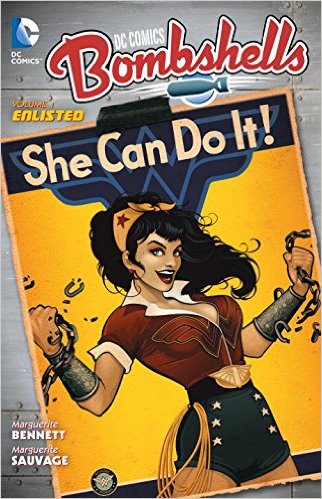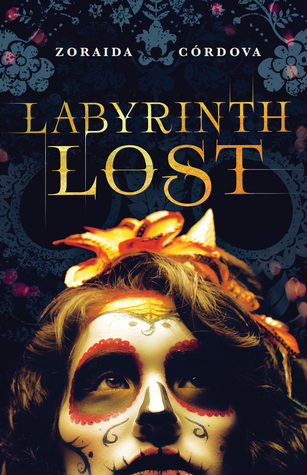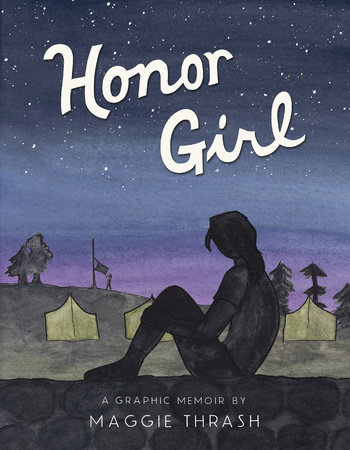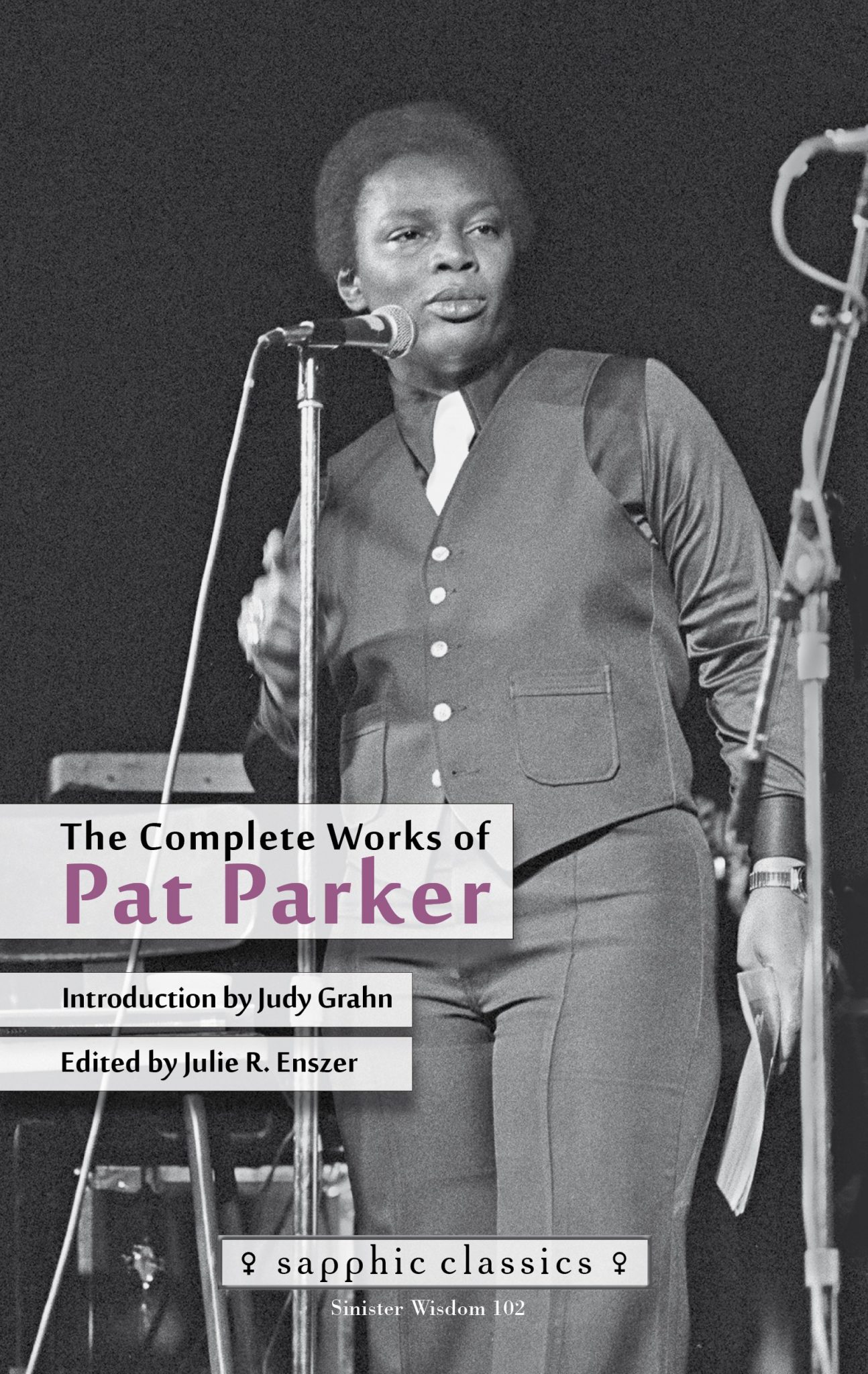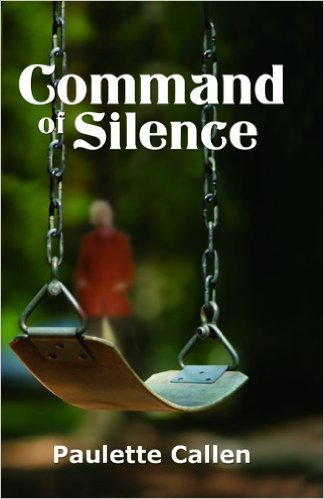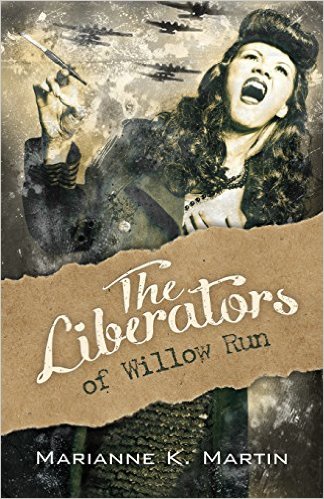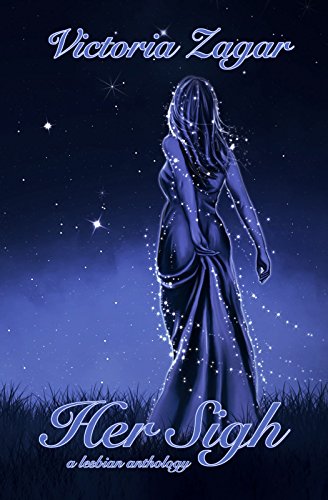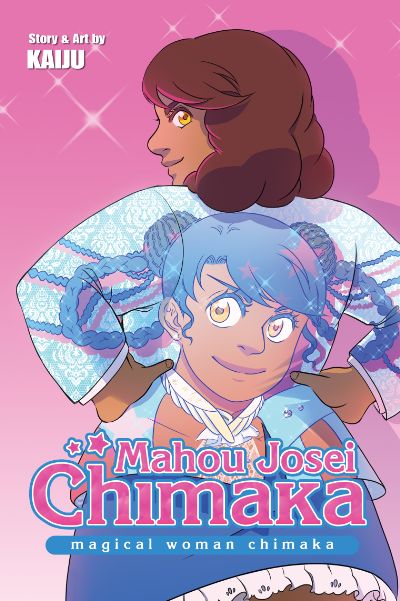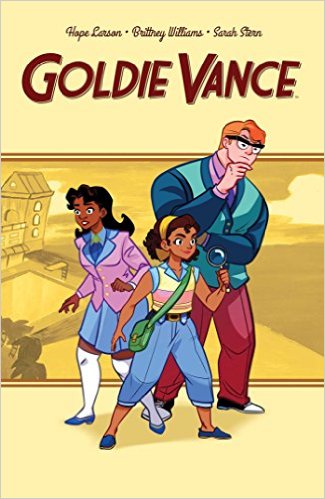“Anyway, I’m pretty sure malevolent spirits wouldn’t scrub your bathtub”
The Other Side: An Anthology of Queer Paranormal Romance is, as the name implies, a queer paranormal romance comic anthology, published in July 2016. I had donated to a crowd-funding campaign for this anthology and I’ve been meaning to read it since it arrived in my inbox.
The anthology starts with some words from Melanie Gillman on the importance of representation in literature. A little disclaimer from my end; this is not a lesbian anthology, it’s a queer anthology which represents various genders. The stories are all non-explicit and quiet romantic.
I cannot go into much detail since the stories are short by my favourite stories were “Ouija Call Center”, “Shadow’s Bae”, “Till Death” and “Yes No Maybe”. “Ouija Call Center” is about a client that uses an Ouija call center to contact someone diseased and the operator! “Shadow’s Bae” is about a monster that becomes friends with a human and they stand up for each other. “Till Death” is a cute story and critical comic about an elderly couple and ghosts that stand up for their community against gentrification. Finally, “Yes No Maybe” is a comic about a tenant who tries to contact the ghost that’s in the apartment and is really adorable.
The art in the anthology varies from piece to piece; they are all so different from each other but this helps to distinguish one story from the other. The length on the story, I believe, is just right–not too long or too short.
The anthology as a whole has a lot of diversity in its representation of gender, ethnicity, culture and age. This collection does not shy away from using different cultures and mythologies for its base and does not include just stories with young characters. Many characters were people of colour. The relationships in the different stories are usually between a human and a supernatural being. Overall, most of the stories are really fluffy and cute so be warned! Although some had a darker tint.
What I like about this anthology are two things: its general cuteness and its queerness. There is a lot of representation for people out of the gender binary spectrum. This book is like a safe space, to enjoy a story rather than who is in the story. I’d recommend this book to those interested in comic anthologies, quirky criticism, cute stories, paranormal and overall stories that go beyond gender.

